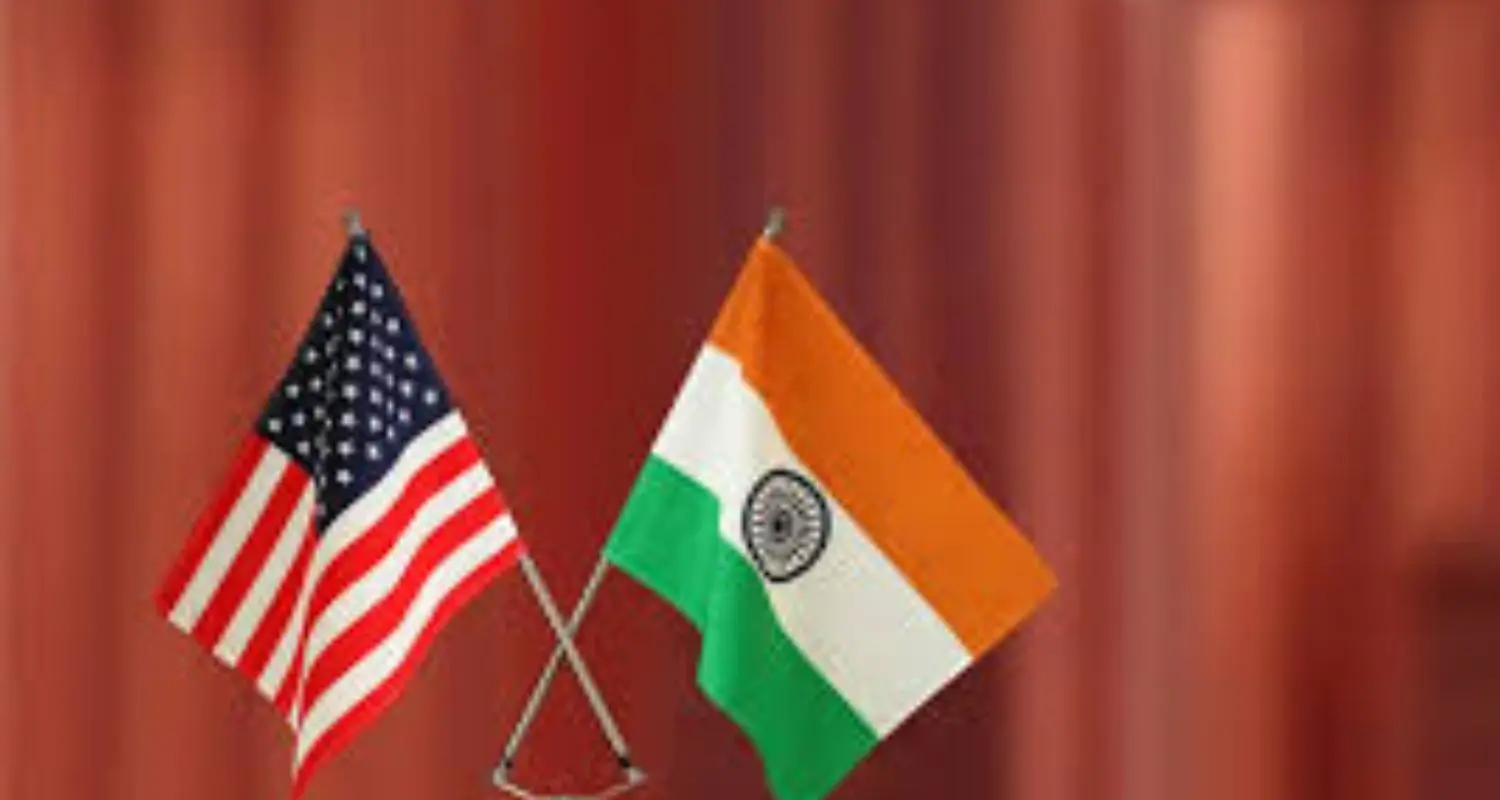India and US Trade Deal: India Urged to Negotiate Key Agreement

India is poised to negotiate the proposed trade agreement with the United States on its own terms, emphasizing national interests, according to S. Mahendra Dev, chairman of the Economic Advisory Council to the Prime Minister (EAC-PM). As the two nations engage in their fifth round of discussions in Washington, Dev highlighted the potential benefits of lower tariffs and increased exports for India. However, he noted that India has firmly resisted US demands for concessions in the agricultural and dairy sectors, maintaining its stance on protecting domestic interests.
Negotiations and National Interests
S. Mahendra Dev stated that India’s approach to trade agreements is centered around its national interests. He emphasized that ongoing negotiations with the US are focused on mutual benefits for both countries. Dev’s comments come as India and the US are in the midst of discussions regarding a Bilateral Trade Agreement (BTA). India has taken a strong position against US requests for duty concessions on agricultural and dairy products, which it has not granted in any Free Trade Agreement (FTA) to date. Additionally, India is advocating for the removal of high tariffs on its exports, including a 26% tariff on certain goods and a 50% tariff on steel and aluminum. The country retains the right to impose retaliatory duties in accordance with World Trade Organization (WTO) regulations.
US Trade Deal Comparisons
In recent statements, US President Donald Trump indicated that the proposed trade deal with India would resemble the agreement made with Indonesia. Under that agreement, Indonesia provided full market access to US goods while facing a 19% duty on its exports to the US. Indonesia also committed to purchasing $15 billion in US energy, $4.5 billion in agricultural products, and 50 Boeing aircraft. Dev’s remarks reflect India’s cautious approach to ensuring that any trade agreement aligns with its economic priorities and protects its domestic industries.
Inflation Targets and Fiscal Responsibility
On the economic front, Dev asserted that there is no need to alter India’s current inflation target, which has been effective since 2016. The Reserve Bank of India aims to maintain inflation at around 4%, within a range of 2% to 6%. Dev pointed out that high inflation disproportionately affects the poor and middle class, making low inflation essential for sustainable growth. He also advocated for adherence to the Fiscal Responsibility and Budget Management (FRBM) targets to ensure sound fiscal management. Dev warned that an increased fiscal deficit could lead to higher inflation, elevated interest payments, and reduced funds for development initiatives. He noted that the government has successfully reduced the fiscal deficit from 9.2% of GDP in FY21 to a projected 4.4% for FY26.
Impact of the Production Linked Incentive Scheme
Dev discussed the positive impact of the Production Linked Incentive (PLI) scheme, stating that its benefits extend beyond targeted sectors and positively affect non-PLI industries due to interlinkages. He highlighted that the PLI scheme, along with FTAs, is expected to attract foreign direct investment (FDI) and enhance exports. The government aims to increase domestic value addition, reduce import dependence, and create jobs through local manufacturing initiatives. The PLI scheme, introduced across 14 sectors, is designed to make Indian manufacturing globally competitive. Instead of a one-size-fits-all approach, the scheme adopts a sector-specific strategy tailored to the unique needs of each industry.
Observer Voice is the one stop site for National, International news, Sports, Editor’s Choice, Art/culture contents, Quotes and much more. We also cover historical contents. Historical contents includes World History, Indian History, and what happened today. The website also covers Entertainment across the India and World.
Follow Us on Twitter, Instagram, Facebook, & LinkedIn

